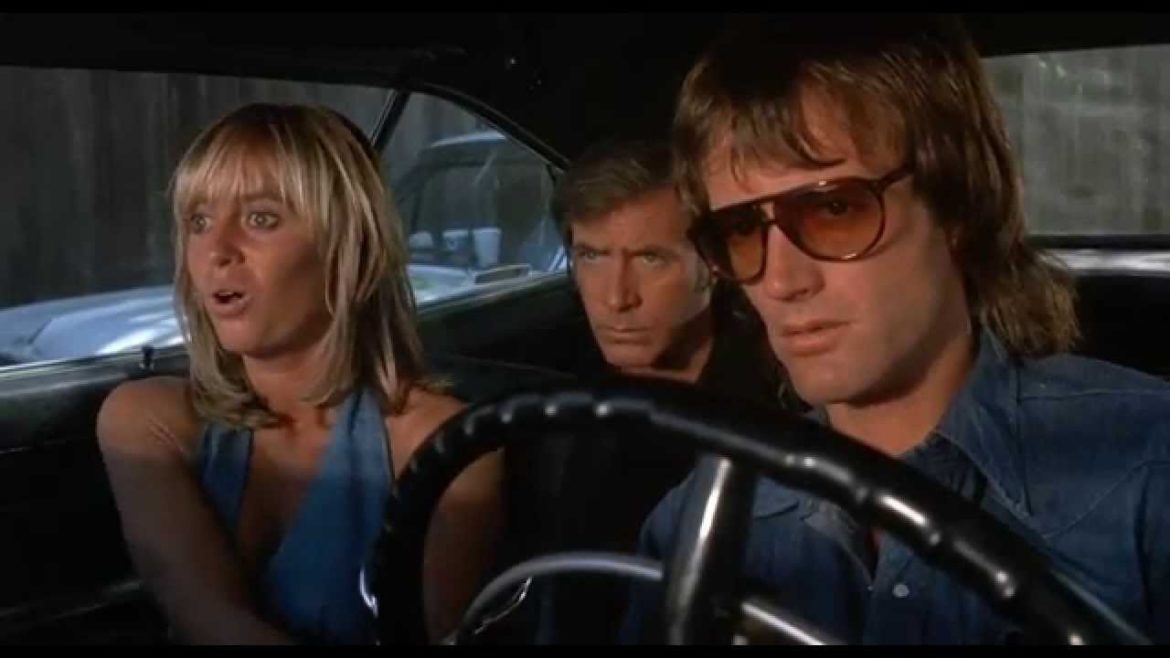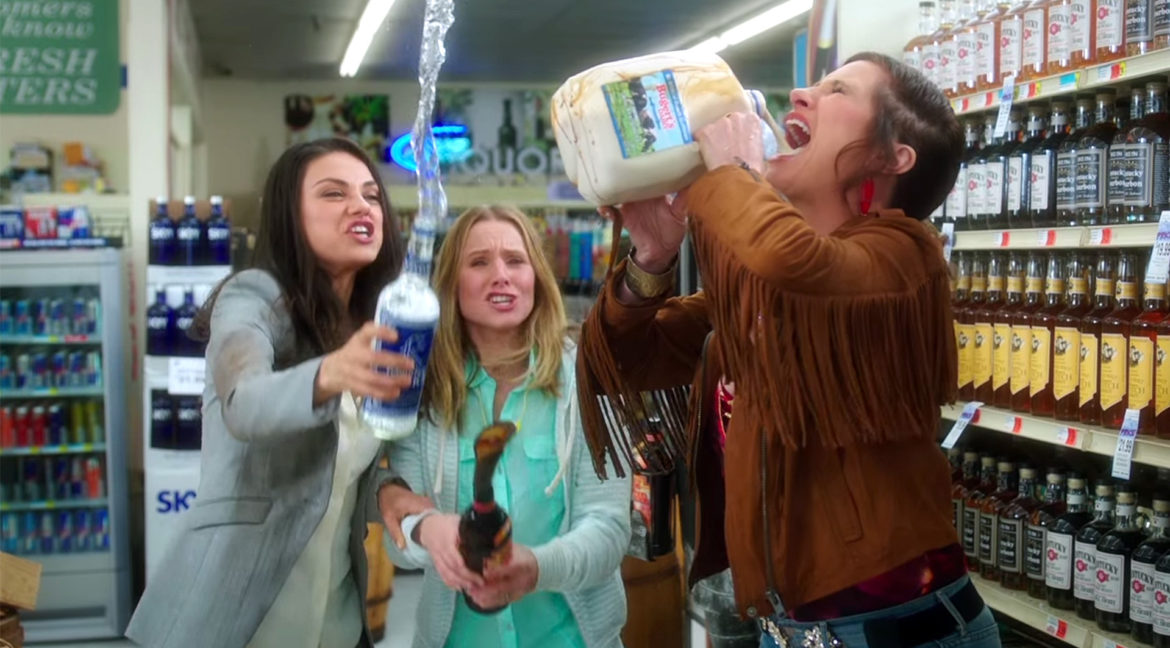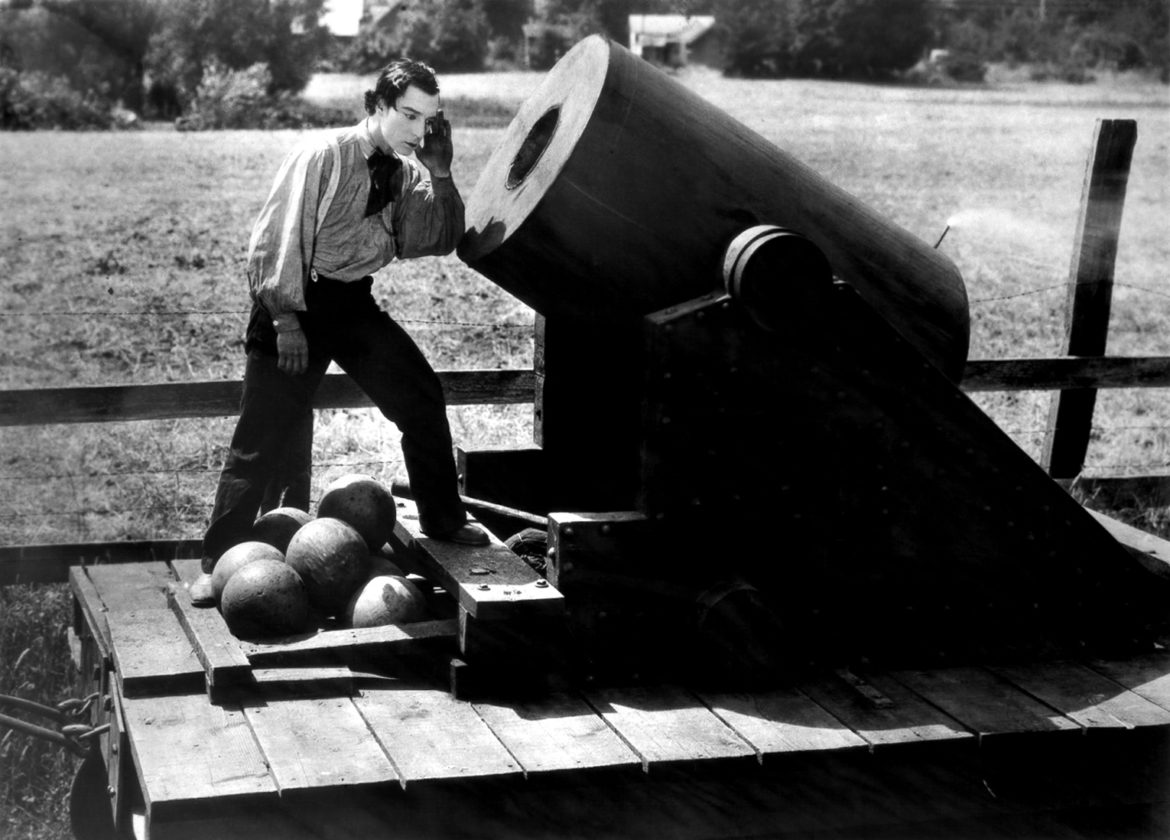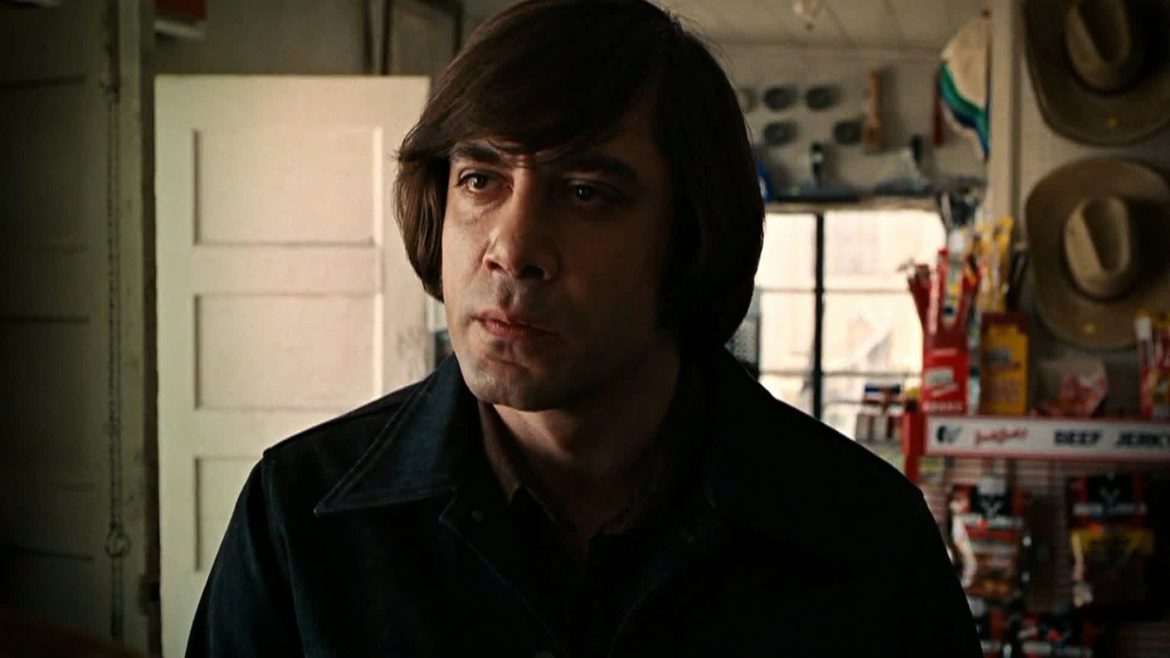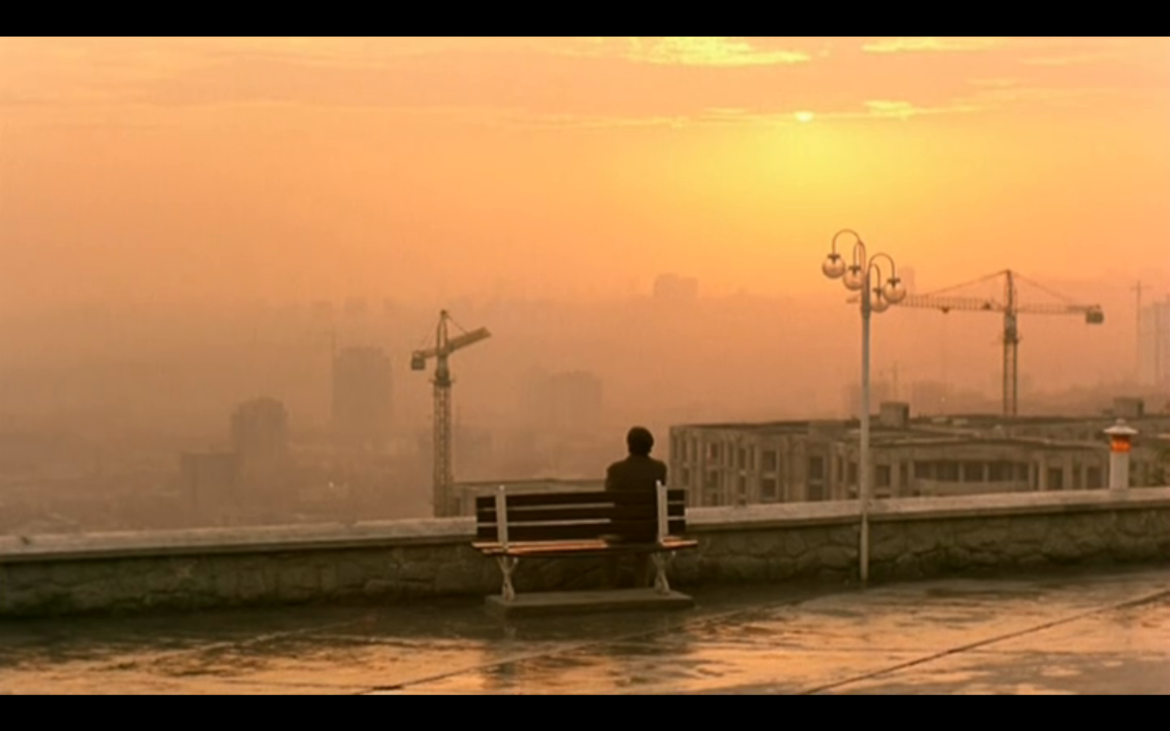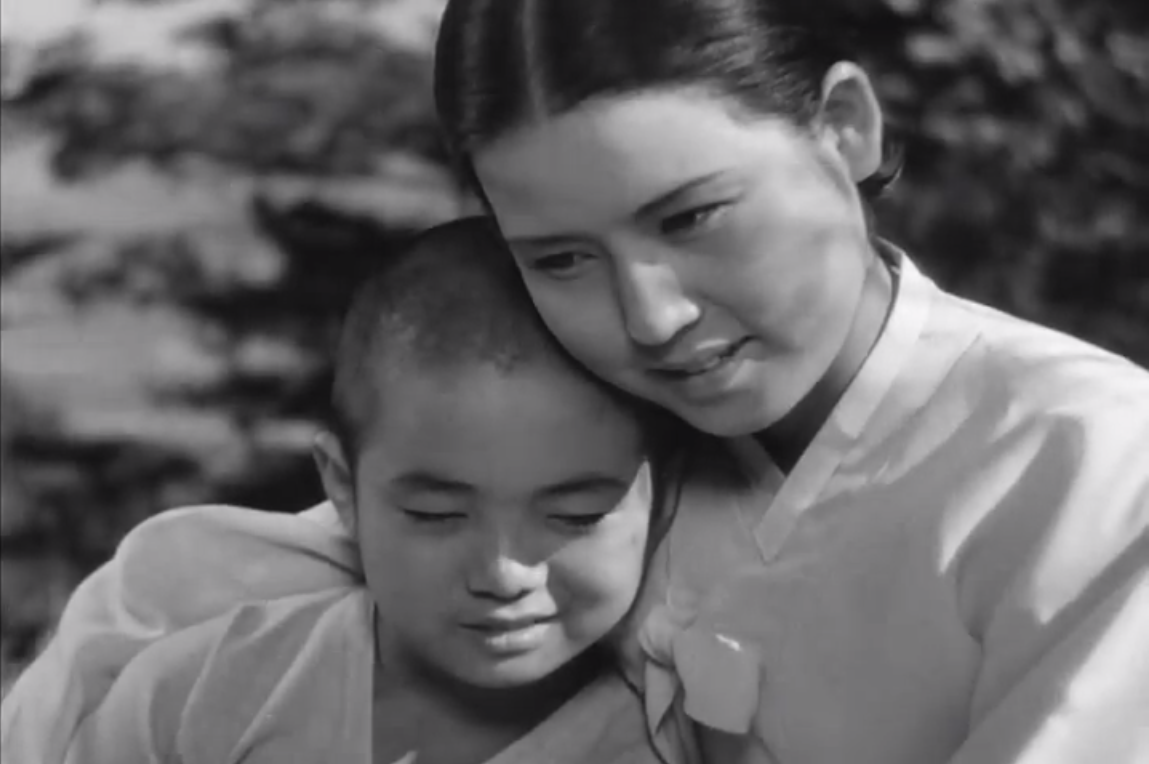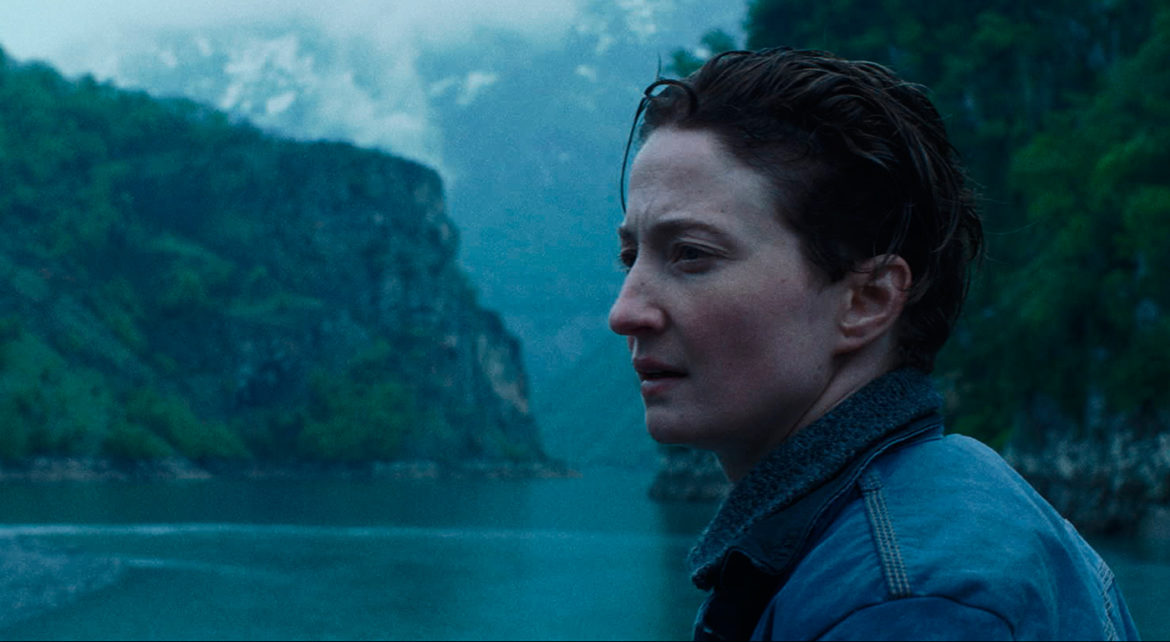Many silent classics, and much art more generally, have drawn on the oldest tales, mining the legacies of myth and the commonalities of familiar narratives to present them anew. Ursula Le Guin writes, “That is the gift the great storytellers have.
Other
Do films have to be watched in their entirety? Is that a heretical question even to ask? Is it cinema if you only watch half?
A friend and I were pondering this earlier today, perplexed that more people weren’t showing up for her online programming.
“Well, I ain’t talkin’ philosophies, I’m talkin’ cars,” says the local sheriff in Dirty Mary, Crazy Larry, a 1974 chase movie that was all-but-forgotten until predictable super-fan Quentin Tarantino started peppering his films with references to it.
The sheriff is referring to his own department’s need for vehicles, but out of context it could stand in as the film’s tagline.
Bad Moms is a movie to root for. Starring a hugely talented, nearly all-female cast, aimed squarely at a neglected demographic, and addressing issues that surely resonate with audiences, you want so, so badly for it succeed.
It brings me no great pleasure to report that, apart from a few big laughs, it does not.
Un Chant d’Amour is Jean Genet’s only film: a 26-minute, black-and-white, imagistic collage and fantasy of ideas. It’s startlingly beautiful, sensuous, and animated by themes — homosexuality, transgression, dominance, voyeurism — that characterize all of the mercurial artist’s work.
The short is also fairly, and hilariously, summed up by Letterboxd user Tyler, as “Almost definitely the best film ever made about gay men masturbating in prison.”
The collapsing house that miraculously spares Buster Keaton in Steamboat Bill, Jr. might be the most famous image in the great comedian’s body of work, but the collapsing bridge in The General remains (reputedly) the most expensive single stunt in all of silent film.
The Coen Brothers’ filmography tends to swing wildly from lighthearted, goofball larks to existential nightmare tours of wounded psyches and uneasy human relations in a fallen world. (A good argument can, and has, been made that the two modes are in direct conversation.)
In Taste of Cherry, Abbas Kiarostami’s 1997 Palme d’Or winner at Cannes, we almost never stop moving. It is a film about a man whose life has crept to a halt, filmed in ceaseless motion.
There is almost no way to talk about Taste of Cherry, about its most resonant aspects, without what our generation has termed “spoilers.”
Stories of childhood occupy a central place in our collective storytelling legacies. Like any art form, cinema has no shortage of entries: Truffaut’s The 400 Blows, Kiarostami’s Where Is The Friend’s Home?, Erice’s The Spirit of the Beehive, Spielberg’s E.T.
Laura Bispuri’s Sworn Virgin is, in her own a words, “a whole discourse on the body.” It’s an exploration of gender fluidity butting up against social norms as rigid as the mountains that surround its central Albanian village. In lyrical flourishes and with quiet, moving grace, Bispuri presents an unusually fraught journey to an authentic self.



